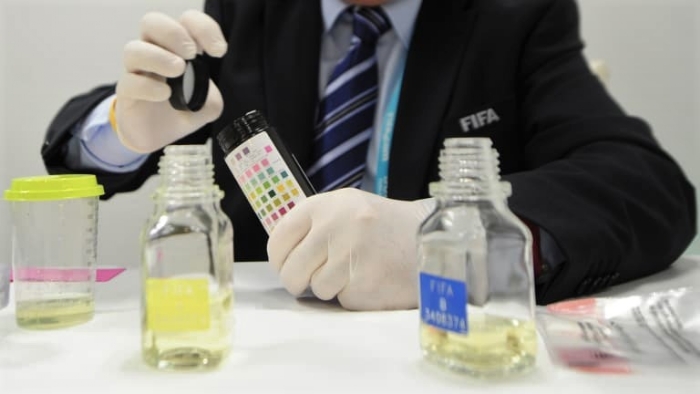Making process athlete-friendly, WADA publishes revised International Standard for Testing and Investigations
Total Views | 8
New Delhi, December 4: The World Anti-Doping Agency (WADA) has published the revised International Standard for Testing and Investigations (ISTI), which was approved by WADA’s Executive Committee (ExCo) on November 4 and enters into force on March 1, 2020. WADA has stated that this is an exceptional revision to the ISTI, which is in advance of other approved revisions that will come into force on January 1 2021 along with the 2021 World Anti-Doping Code and other International Standards that were approved by WADA’s Foundation Board and ExCo in November.

The revisions to the ISTI, which come into force on March 1, 2020, are specifically related to the requirement for urine samples to meet a suitable specific gravity for analysis.
As outlined in the revised ISTI, the minimum volume of urine required for analysis will remain at 90ml; however, if an athlete can provide 150ml or more of urine, the minimum specific gravity measurement (using a refractometer) will be lowered to 1.003 or above instead of the current 1.005 or above. If the athlete provides a sample with a volume greater than 90ml but less than 150ml, the current specific gravity measurement of 1.005 (using a refractometer) will remain applicable. Athletes who provide a sample with a specific gravity measurement lower than the above measurements will be required to continue to provide a sample until they reach a suitable specific gravity measurement.
These revisions, which were endorsed by WADA’s Laboratory Expert Group, recognize significant enhancements in the sensitivity of laboratory analytical methods made over the past 20 years and will reduce the amount of time some athletes spend in doping control stations, making the process more athlete-friendly, while presenting a potential saving in resources for Anti-Doping Organizations.
The revisions to the specific gravity measurement will be applied during the Tokyo 2020 Summer Olympic and Paralympic Games.





